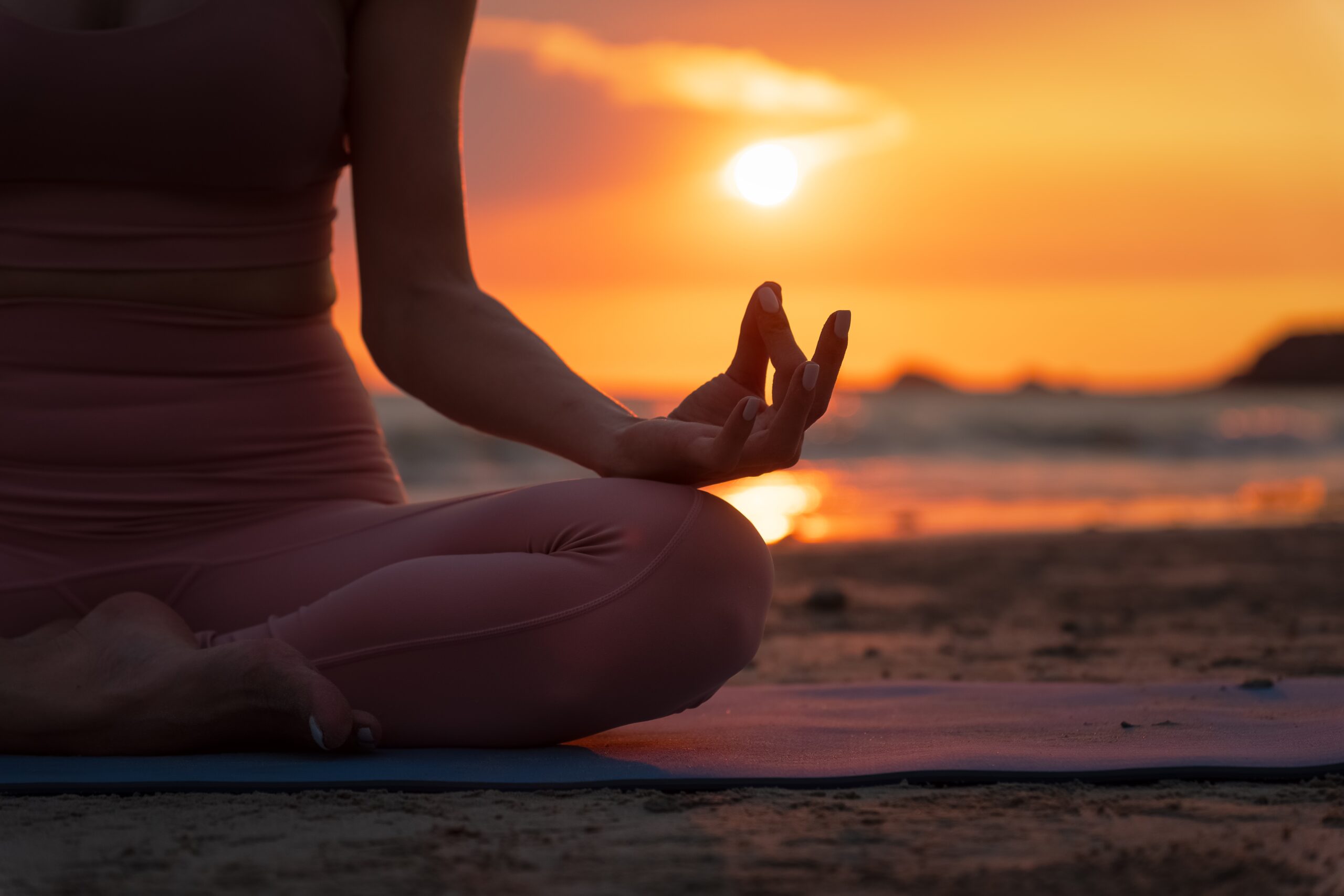Table of Contents

Timing your workouts properly can be the key to achieving restorative sleep, with morning exercise offering significant advantages for those struggling with sleep quality.
At a Glance
- Regular exercise promotes better sleep by enhancing relaxation and normalizing internal body rhythms
- Morning workouts generally provide the best sleep benefits by aligning with the body's natural circadian rhythm
- Vigorous exercise should be avoided within 2-3 hours of bedtime as it can disrupt sleep
- Light activities like yoga and walking are suitable evening exercise options
- Consistency in exercise timing is crucial for establishing healthy sleep patterns
The Exercise-Sleep Connection
Physical activity and quality sleep share a powerful relationship that can significantly impact your overall health. Regular exercise doesn't just build muscle and cardiovascular health—it's a potent tool for improving how quickly you fall asleep and how restfully you stay asleep. For adults over 40, establishing this connection becomes increasingly important as sleep patterns often change with age, bringing challenges that weren't present in earlier decades.
Exercise benefits sleep through multiple mechanisms. It reduces anxiety and stress that commonly interfere with sleep, helps regulate the body's internal clock, and increases time spent in deep, restorative sleep stages. Just 30 minutes of moderate aerobic exercise daily can provide noticeable improvements in sleep quality, even for those struggling with chronic sleep issues.
Morning vs. Evening Workouts
The timing of your exercise routine plays a crucial role in how it affects your sleep. Morning workouts offer distinct advantages that make them the preferred option for many sleep specialists. Early exercise aligns with the body's natural cortisol peak, helping to establish a healthy sleep-wake cycle. It also allows for natural exposure to morning sunlight, which reinforces the body's circadian rhythm and promotes earlier melatonin release in the evening.
Afternoon workouts remain beneficial, typically providing enough time for the body to cool down before bedtime. The body's temperature naturally drops as bedtime approaches, signaling the brain that it's time to sleep. Exercise temporarily raises core temperature, which can interfere with this natural process if performed too close to bedtime.
Evening Exercise Considerations
While conventional wisdom has long cautioned against evening exercise, recent research suggests a more nuanced approach. The impact of evening workouts largely depends on the type and intensity of activity. Vigorous exercises like high-intensity interval training, running, or heavy weightlifting can stimulate the nervous system and raise body temperature, making it difficult to wind down if performed within 2-3 hours of bedtime.
For those who can only exercise in the evening, gentler activities like yoga, leisurely walking, light stretching, or swimming can actually promote relaxation rather than alertness. These activities help release tension without significantly raising core temperature or triggering a surge in energizing hormones. Some individuals may also find that consistent evening exercise works well for their sleep patterns, highlighting the importance of understanding your personal response.
Personalizing Your Exercise Timing
Your individual chronotype—whether you're naturally a morning person or evening person—significantly impacts the ideal exercise time for your sleep quality. Early risers typically benefit most from morning workouts, while those who naturally function better later in the day might find afternoon or early evening exercise more beneficial and sustainable.
Consistency matters more than perfect timing. Establishing a regular exercise schedule reinforces your body's sleep-wake cycle, regardless of when that exercise occurs. If evening workouts are your only option, schedule them at least 1-2 hours before bedtime and focus on moderate-intensity activities. Pay attention to how your body responds and adjust accordingly.
Building Optimal Sleep Through Exercise
The relationship between exercise and sleep works both ways—better sleep enhances exercise performance, and regular physical activity improves sleep quality. This positive cycle contributes to overall health, particularly important for adults over 40 when both sleep and physical capabilities may begin to change. To maximize this relationship, aim for at least 30 minutes of moderate exercise most days of the week, being mindful of timing.
By understanding the relationship between exercise timing and sleep quality, you can create a personalized approach that supports both physical fitness and restorative rest. Whether you're an early riser or night owl, the key is finding a consistent routine that works with your schedule and body's natural rhythms, ultimately leading to better sleep and improved overall health.
